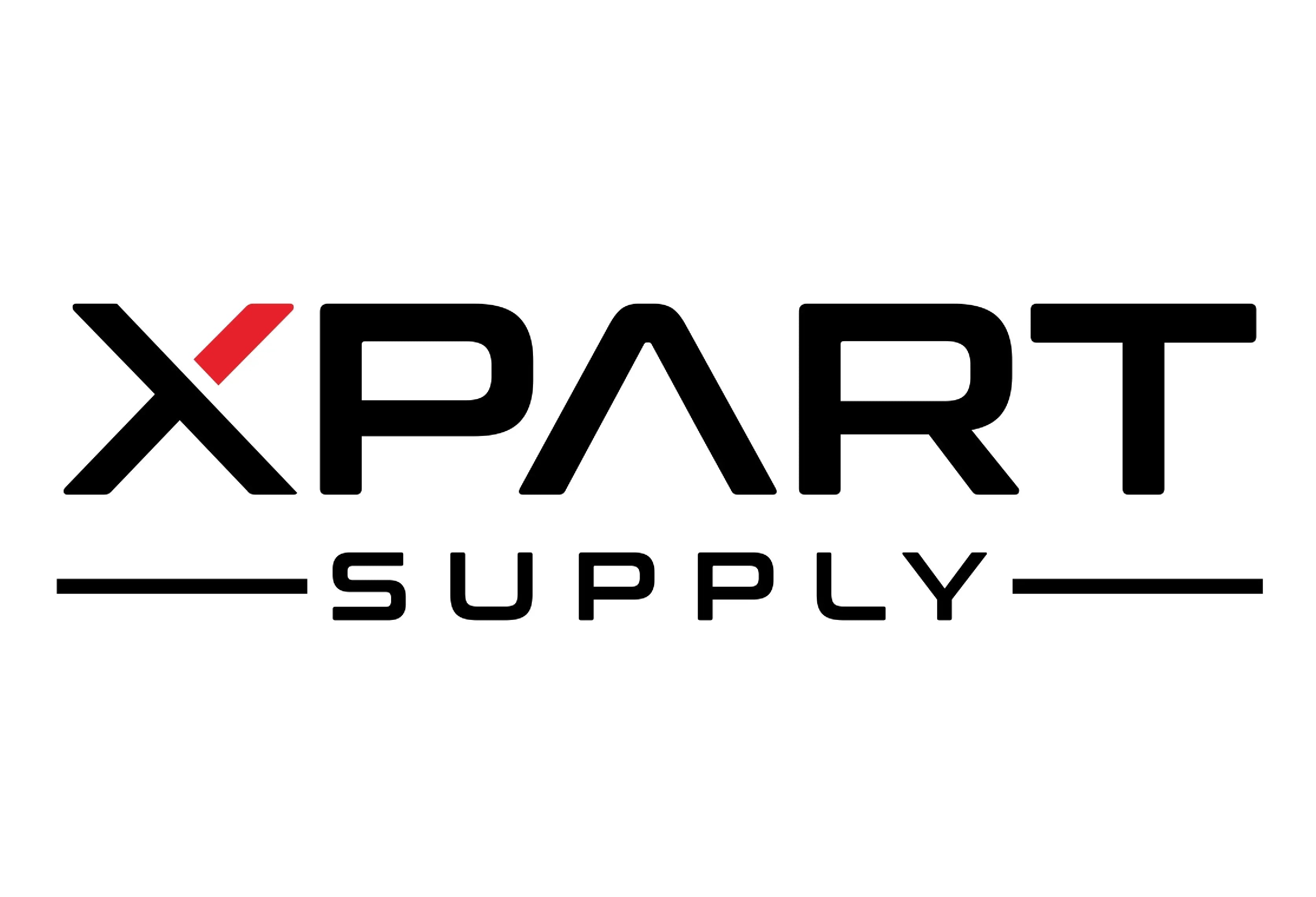Hard water is a common household issue that can have a significant impact on your appliances and plumbing system. Although it is safe to drink, hard water contains high levels of minerals like calcium and magnesium, which can cause a variety of problems when it comes in contact with your appliances. In this blog post, we will explore the effects of hard water on different appliances and how you can mitigate its negative consequences.
Understanding Hard Water
Hard water is a type of water that has a high mineral content, specifically calcium and magnesium ions. These minerals are naturally present in the ground and can dissolve into the water as it travels through soil and rocks. While not harmful to your health, hard water can wreak havoc on your appliances over time.
The Impact on Your Washing Machine
One of the most affected appliances by hard water is the washing machine. The minerals in hard water can build up in the machine's pipes and drum, leading to clogs and reduced water flow. This can result in inefficient cleaning, increased energy consumption, and ultimately a shorter lifespan for your washing machine.
Effects on Your Dishwasher
Similarly, your dishwasher can also suffer from the effects of hard water. The minerals can leave behind a residue on your dishes and glassware, making them appear cloudy and dirty even after a wash cycle. In addition, the heating element in the dishwasher can become coated with scale, reducing its efficiency.
Hard Water and Your Coffee Maker
If you are a coffee lover, you may notice the impact of hard water on your coffee maker. The minerals can accumulate in the machine, affecting the taste of your coffee and potentially causing clogs. Regular descaling is crucial to maintain the performance and flavor of your coffee maker.
Protecting Your Appliances
Fortunately, there are ways to protect your appliances from the negative effects of hard water. Installing a water softener is one of the most effective solutions. A water softener works by removing the minerals in hard water through an ion exchange process, providing you with soft water that is gentler on your appliances.
Regular Maintenance is Key
In addition to investing in a water softener, regular maintenance of your appliances is essential. Cleaning out the pipes and components of your washing machine, dishwasher, and coffee maker can help prevent the buildup of mineral deposits and prolong the life of your appliances.
Other Solutions to Consider
If installing a water softener is not feasible for you, there are other solutions to consider. Using vinegar or lemon juice as natural descaling agents can help remove mineral buildup in your appliances. Additionally, there are commercial descaling products available that are specifically formulated to tackle hard water deposits.
Benefits of Addressing Hard Water Issues
By addressing the issue of hard water in your home, you can benefit in various ways. Your appliances will operate more efficiently, leading to lower energy bills and reduced water consumption. You will also notice improvements in the cleanliness of your dishes, clothes, and coffee, enhancing your overall quality of life.
Conclusion: Embrace Soft Water for Healthy Appliances
Hard water can pose a significant challenge to the performance and longevity of your appliances. By taking proactive steps to address this issue, such as installing a water softener or using descaling agents, you can protect your investments and enjoy the benefits of clean, efficient appliances for years to come. Embrace soft water to ensure the health and longevity of your beloved appliances!


